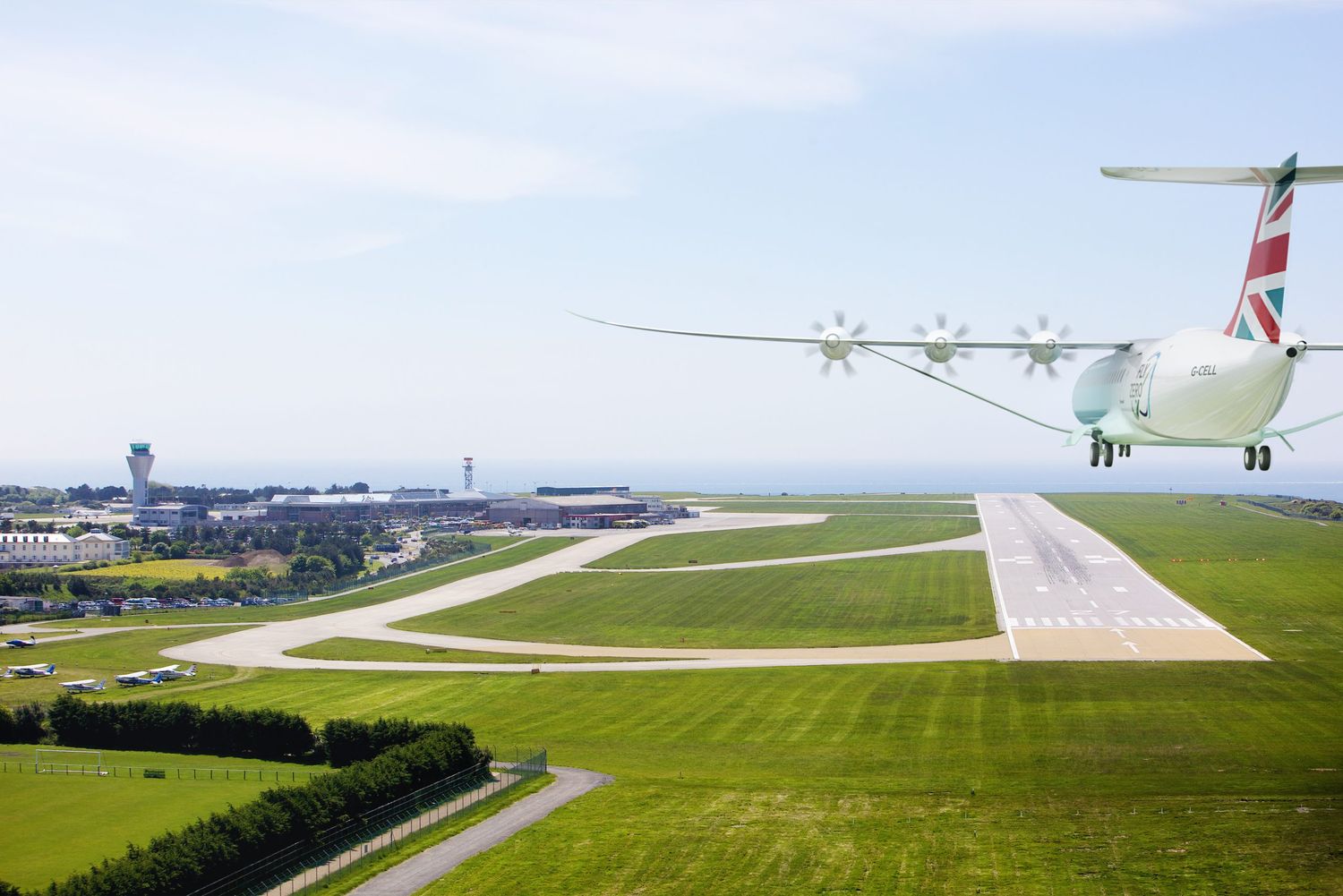15The UK’s Aerospace Technology Institute (ATI) project to achieve net zero emissions in aviation by 2030 has just released a report in which it addresses hydrogen as the technology that can realize these plans.
«FlyZero has concluded that green liquid hydrogen is the most viable zero carbon fuel with the potential to scale up to larger aircraft using fuel cells, gas turbines and hybrid systems. This has guided the project’s approach, conclusions and recommendations,» they state in their latest report.
The team is working with a sustainable approach in all aspects of the project, from design, engineering, industrial and commercial evaluations of the program, among others. The life cycle, end-of-life processing and environmental impact of hydrogen in the fuel supply were also investigated and projected.
The United Kingdom’s Aerospace Technology Institute already has three concepts for zero-emission aircraft that can operate short-, medium- and long-range routes. Among its work is the identification of certain key technologies to achieve the objectives. These include hydrogen storage systems and tanks, hydrogen gas turbines, fuel cells, electric propulsion systems, thermal management and aerodynamics.
The Innovation and Project Management presented by ATI provides a detailed review of the innovation process for the implementation of this type of aircraft, an interesting initiative in line with the industry’s commitment to achieve net zero emissions by 2050. Read it here.


Comentarios
Para comentar, debés estar registrado
Por favor, iniciá sesión